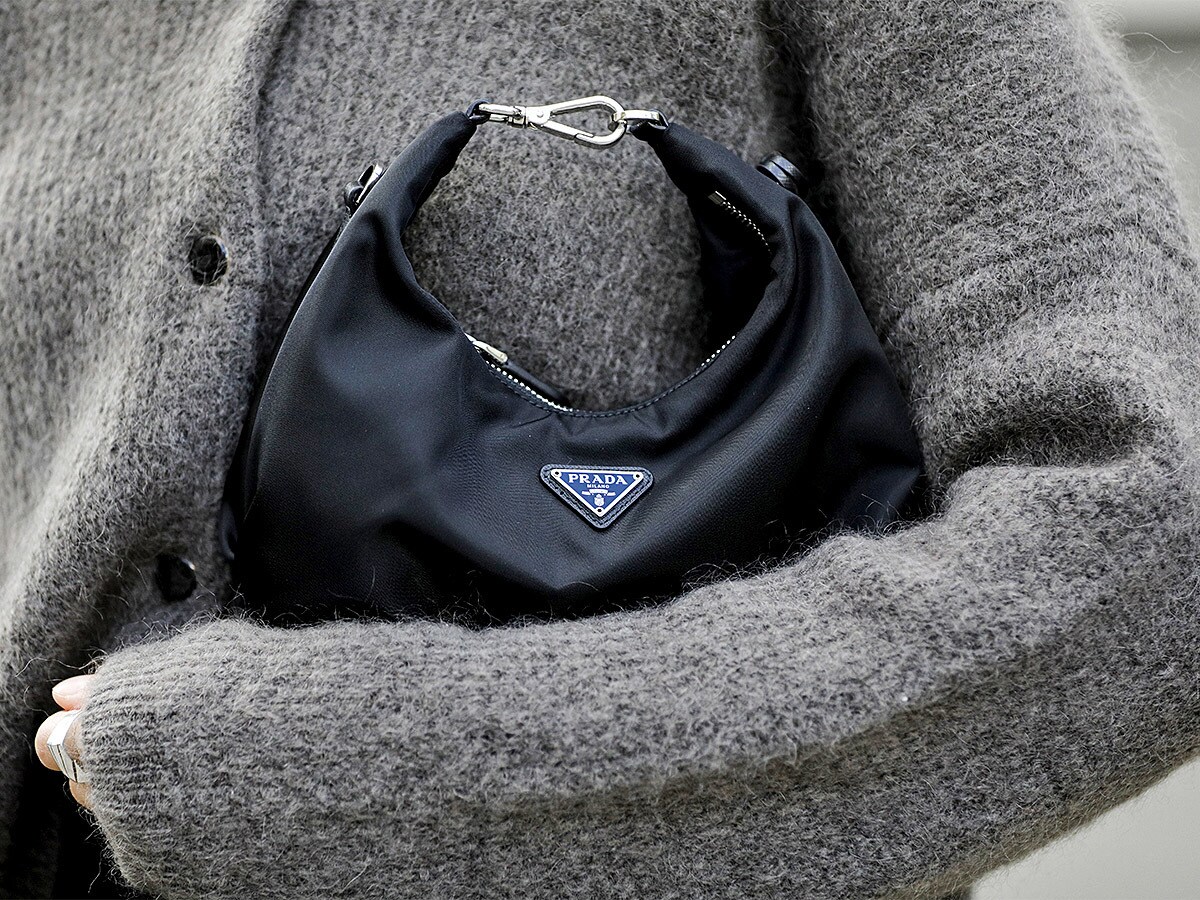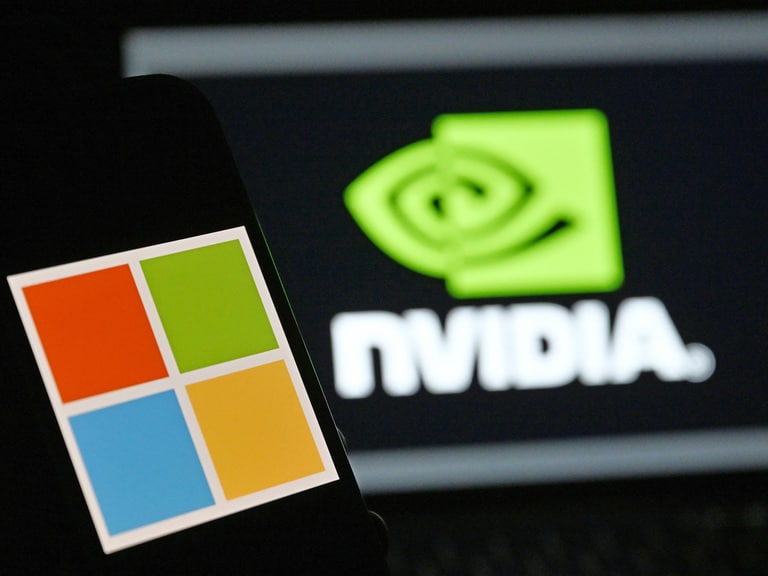Sales of luxury handbags, jewellery and high-end shoes slumped early last year as the coronavirus pandemic forced shops worldwide to bring their shutters down. Luxury retail prides itself on personalised shopping experiences and, with brick-and-mortar stores closed, big-name high street brands struggled to keep pace with online retailers.
The luxury personal goods market was valued at €281bn in 2019. By the end of 2020, this valuation was €217bn, according to Statista data.
€64billion
drop in luxury personal goods market 2019-2020
The easing of some lockdown measures across the world did help Moët Hennessy Louis Vuitton (LVMH) [MC.PA] to bounce back in the second half of last year. Its fourth-quarter revenue of €14.303bn was down 6.3% year-over-year on Q4 2019 sales, but this was an improvement on the previous quarter, which saw revenue drop by 7% versus Q3 2019. Revenue in H1 2020 was down 28% on 2019 sales and down 17% for the whole year.
Underpinning LVMH’s turnaround in the fourth quarter was an 18% uptick in its fashion and leather goods segment.
LVMH saw particular strength in fashion and leather goods sales in China due to a phenomenon that industry experts are calling “revenge spending” — consumers have been looking to make up for lost time by splurging big money on goods with high price tags. A similar impact has yet to be felt in the US, UK and across Europe, with millions of people still subject to stay-at-home orders.
Following the Q4 earnings release, Luca Solca, analyst with Bernstein, wrote in a note to clients seen by Reuters, that its performance “should get LVMH’s share price home and dry”.
LVMH’s share price has remained relatively flat since its earnings report on 26 January. The stock is up 27.96% in the last year, closing at €507.70 at the close of trading on 1 February. It has climbed 82.2% from its 52-week low of €278.70, recorded on 16 March. LVMH’s share price reached an all-time high of €525.30 on 8 January.
Surviving the storm
Some luxury retailers have been able to ride out the headwinds presented by the pandemic thanks to their ability to be innovative.
One such example is Estée Lauder [EL], according to Callum Elliott, analyst at Bernstein. In a note seen by Barron’s, Elliott explains that beauty and cosmetics is one of the better-performing industries because of the way it has embraced social media, acquisitions and the direct-to-consumer model.
On Estée Lauder specifically, Elliott added: “[It has the] longest growth runway of any of our coverage companies… Our coverage companies have the weapons ($$$) to invest in technologies and capabilities to effectively pivot to speed and agility.”
"[Estée Lauder has the] longest growth runway of any of our coverage companies" - Callum Elliott, Bernstein
Elliott has assigned the stock an outperform rating and a price target of $311, which would represent a 28.6% increase on its 1 February closing price of $241.85. LVHM’s share price is down 9.1% since the start of 2021, but has risen 24.8% during the last year and climbed 76.5% from its 52-week low of $137.01, recorded on 18 March.
All that said, while demand for Estée Lauder’s skin and haircare products has remained resilient, the closure of department store counters has hampered make-up and fragrance sales. In a company statement, Estée Lauder said the pandemic had “influenced consumer preferences and practices”.
Estée Lauder beat expectations in the first quarter of fiscal 2021, reporting revenue of $3.56bn versus estimates of $3.45bn. Although down 8.7% year-over-year on Q1 2020 revenue, it was 46.5% up quarter-over-quarter.
Revenue for the second quarter 2021, which will be reported on 5 February, is expected to represent a year-over-year decrease of between circa 3% and 5%.
Both LVMH and Estée Lauder are held by the Emles Luxury Goods ETF [LUXE], which gives investors thematic exposure to a variety of high-end goods companies such as Tesla [TSLA], Nike [NKE] and Diageo [DGE.L]. Since launching on 24 November, the ETF has delivered an 8% return.
Despite the spending in China which is driving sales for certain luxury retail brands, some investors fear share prices are near to being overvalued as the market prices in an impending rebound.
Deutsche Bank expects luxury retailers to report an overall sales growth of 18% by the end of the year, according to Bloomberg. A 95% rebound in earnings is also predicted.
According to Solca, positive earnings surprises are “essential to maintain such stock levels”.
Disclaimer Past performance is not a reliable indicator of future results.
CMC Markets is an execution-only service provider. The material (whether or not it states any opinions) is for general information purposes only, and does not take into account your personal circumstances or objectives. Nothing in this material is (or should be considered to be) financial, investment or other advice on which reliance should be placed. No opinion given in the material constitutes a recommendation by CMC Markets or the author that any particular investment, security, transaction or investment strategy is suitable for any specific person.
The material has not been prepared in accordance with legal requirements designed to promote the independence of investment research. Although we are not specifically prevented from dealing before providing this material, we do not seek to take advantage of the material prior to its dissemination.
CMC Markets does not endorse or offer opinion on the trading strategies used by the author. Their trading strategies do not guarantee any return and CMC Markets shall not be held responsible for any loss that you may incur, either directly or indirectly, arising from any investment based on any information contained herein.
*Tax treatment depends on individual circumstances and can change or may differ in a jurisdiction other than the UK.
Continue reading for FREE
- Includes free newsletter updates, unsubscribe anytime. Privacy policy





